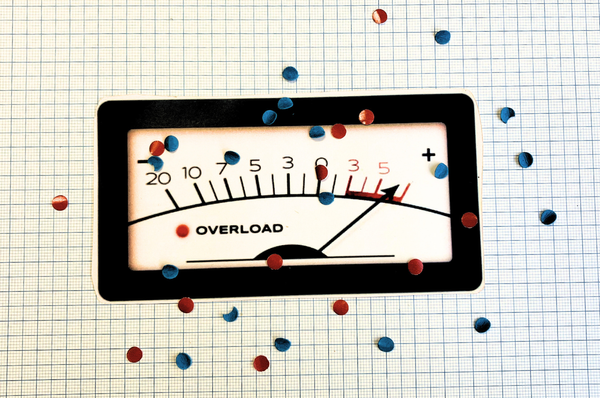Violence is not political speech; and hybrid online / offline abuse
I was on RTE’s Prime Time last night to talk about recent violent attacks against canvassers and candidates, and if this could be connected with heated policy debates on migration.
My main point was that violence and criminality are not political speech; they are political violence, tactics to silence and intimidate and push people out of political life. You can see a clip here from X:
"What we're seeing is political violence which is deeply undemocratic."
— RTÉ Prime Time (@RTE_PrimeTime) May 14, 2024
Tech and democracy strategist @LizCarolan tells @SarahAMcInerney that the intimidation some local candidates are seeing on the canvass is a "scaling up" of abuse seen online. @rtenews | #rtept pic.twitter.com/Ka0w7lMDeh
As I mention, the piece includes an interview with a candidate who had been attacked while canvassing with her husband; he sustained extensive bruising. She talked about how the attacker filmed his abuse of her, threatening to "ruin her online".
The discussion that followed differentiated, as we always do, between online and offline attacks.
It made me think about whether there is a need for a new category of political abuse: a hybrid online / offline attack.
We so often see this kind of real world confrontation and intimidation, even violence, carried out in front of a camera - performative abuse - with one of the primary goals being content creation.
As always, you can comment, DM or email me if you have thoughts!
Talking points:
I did a pre-record as I am on a work trip, and thought I would share the talking points I prepared with you here:
- We should not confuse any rise in attacks on candidates as attempts at a policy or ideological debate - pulling out a knife on someone is a crime, not political speech
- Political violence is in fact deeply anti-democratic; its aim is to intimidate and silence, it is about shutting people out of political life, not about policy or ideology
- We know from studies of online abuse of political reps that threats are endemic - 96% of Irish female politicians have received online abuse, almost 3 in 4 receiving threats of real world violence against them and/ or family members, including rape threats. Research shows it can lead to women self-censoring or opting out of online debate.
- Men get this too, but women in Ireland get it 8 times more (in the US it is 10 times more, and where studies have looked at women of color, their abuse is off the charts)
- Online platforms need to take some blame here, especially those that enable the setting up of networks of accounts designed to attack under multiple identities, who let you pay for reach (like X), and who have slashed teams responsible for user protection (all of them frankly)
- The internet is so compromised that it makes canvassing in real life - interacting with people face to face - even more important - it is essential to democracy - and the vast majority of candidates and canvassers, the vast majority of the time, have respectful and friendly interactions on the doors or streets. We actually don’t have data on offline violence, and we need it.
- Until we have it, I can only imagine that candidates and those who want to support them are feeling afraid at the moment, especially if it feels like the online world is coming offline, but our democracy is in real danger if candidates, especially women, opt out, or are intimidated off the campaign trail.
- We need more women in politics, and that has to start with local elections (currently 25% of councilors are female), which tend to be the training ground and talent pipeline for Dail (23% of TDs are female) elections, which is the pipeline for cabinet (26%) and other ministerial roles (30%)
- We cannot let violence against candidates achieve its objective of intimidation and silence. But we also cannot leave it up to candidates to deal with the issue of political violence alone. The Guards now have dedicated inspectors in each division to look at safe participation in political life, and Women4Election have helpful guidance (and contact info for each)
- But it is up to everyone to make sure that candidates and their canvassers are safe, by joining the candidates we support to give strength in numbers, and ensuring respectful debate when they come to our doors.




